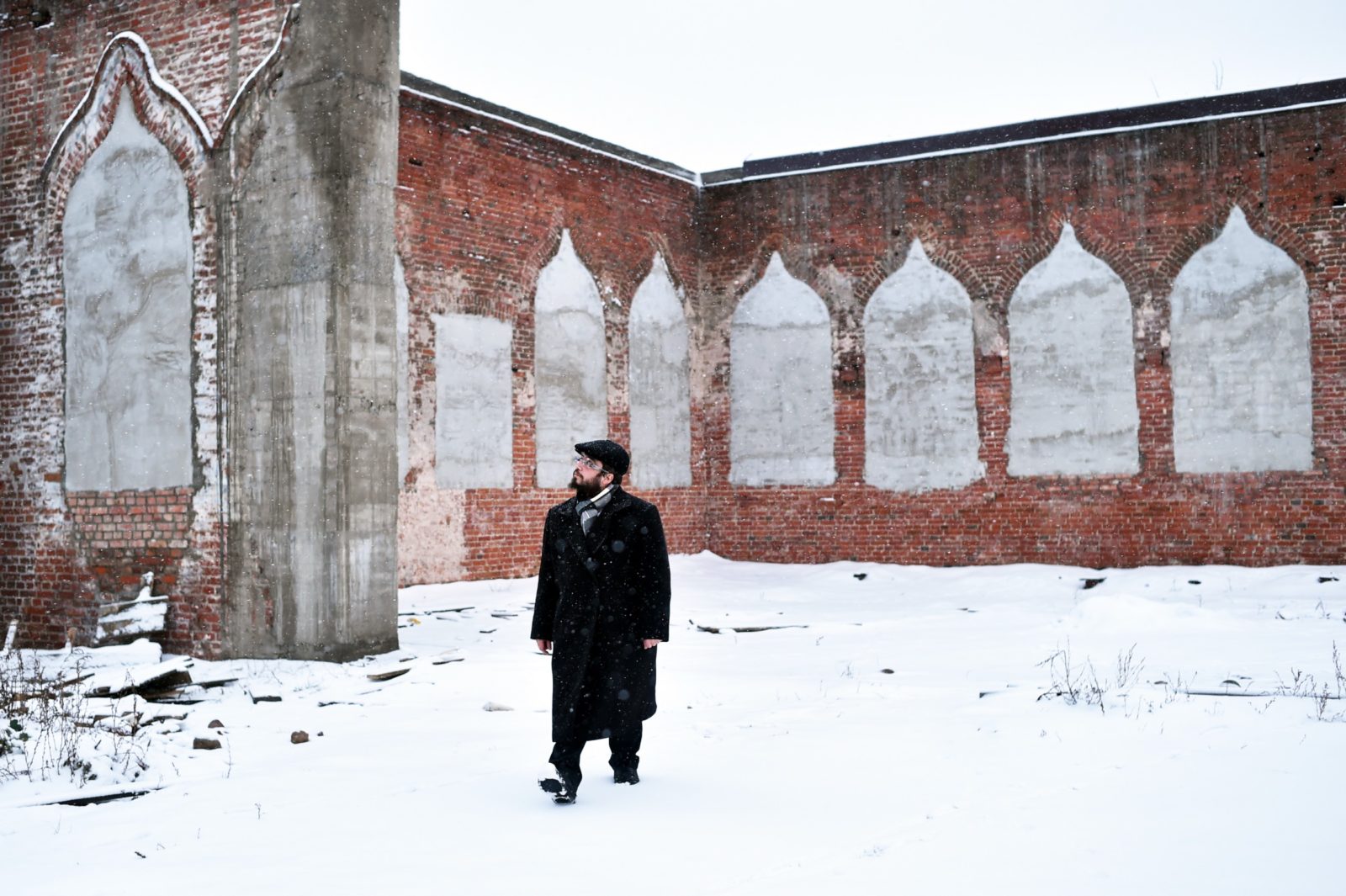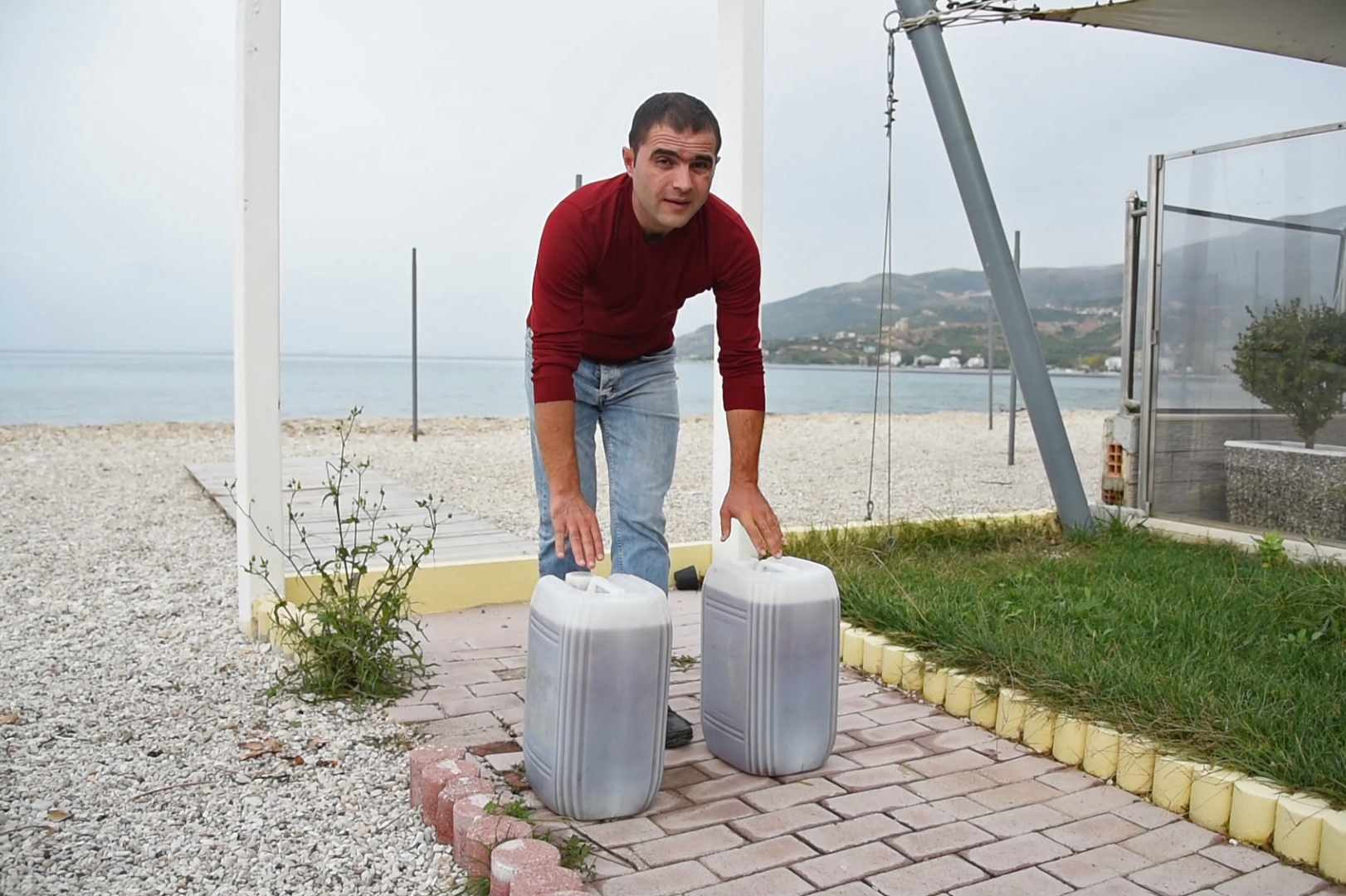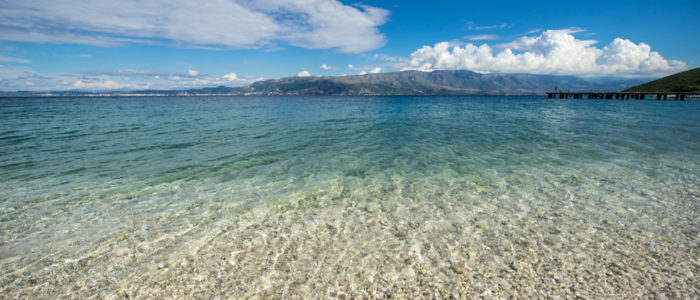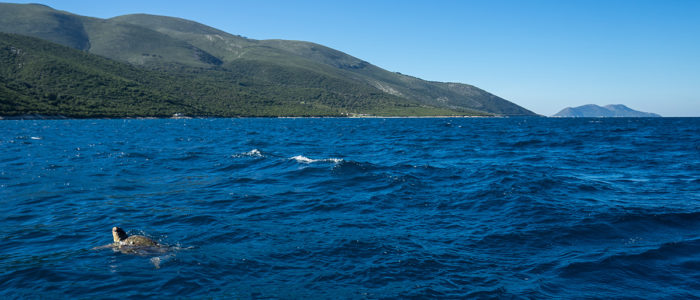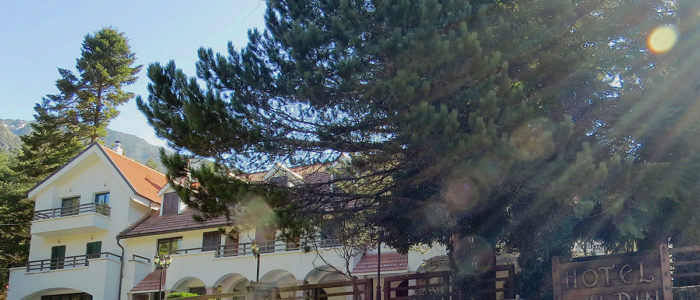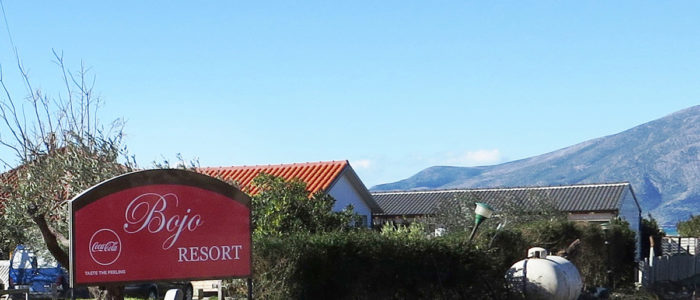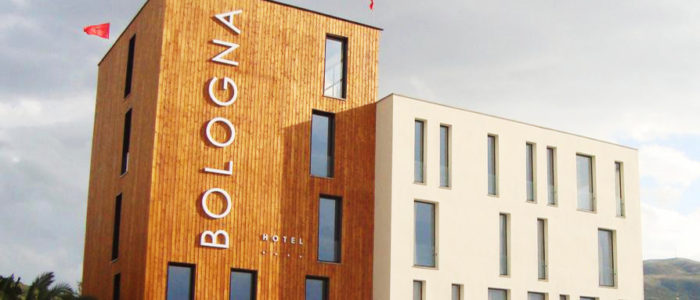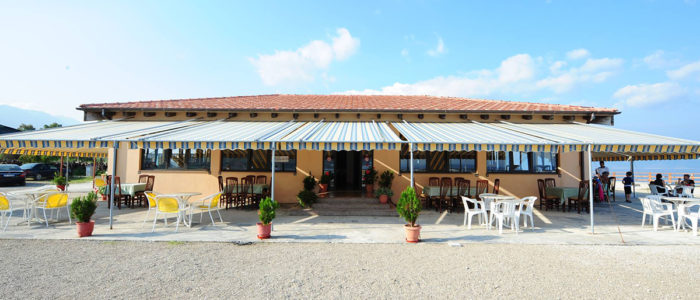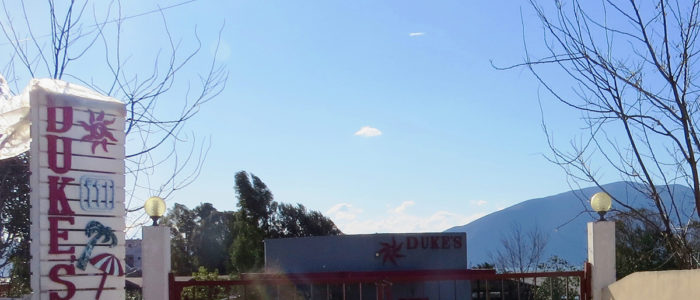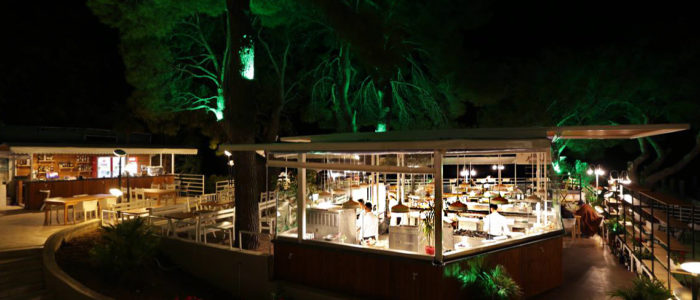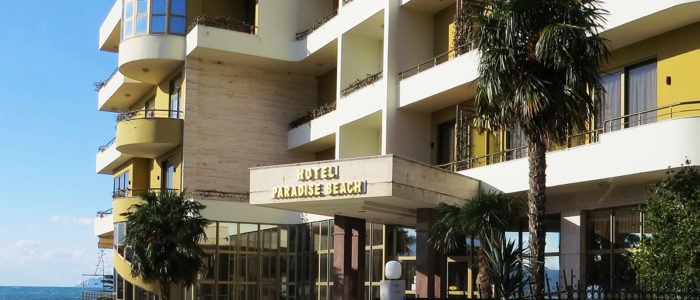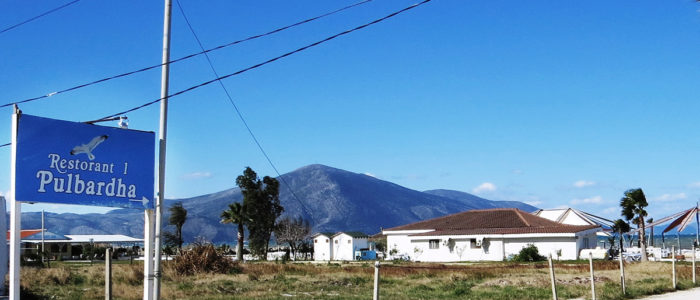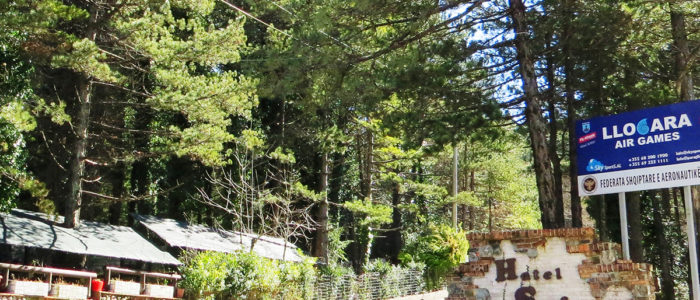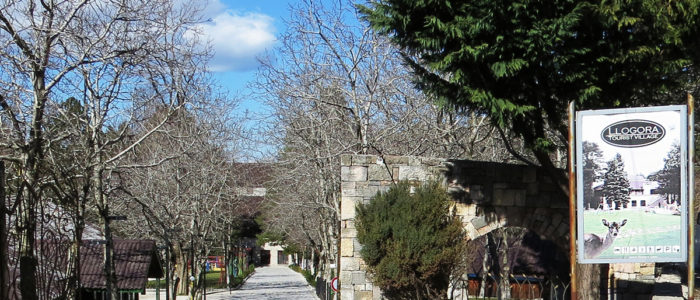Zarina Zaynitdinovna picks up her daughter from kindergarten, making sure she’s warm enough for the chill outside. She’s protective of her, but that care comes at a cost.

Zarina had separated from her husband nine months ago. Not working, she and her five-year-old daughter moved to her parents’ house.
“I was hoping that my marriage would resume…I worried if I file for alimony, then my husband would never come back home.”
She worried about being a burden on her parents, and the future of her daughter. “My current financial situation was not that good. I needed pay for kindergarten and to purchase my daughter’s food and clothing, so I filed for alimony,” she says.

Emotionally, it was hard enough to separate, but the prospect of a long legal process made it even scarier.
Zarina wasn’t alone in her predicament. In western Uzbekistan, getting justice can be challenging, especially when it comes to the personal nature of family law. Many who apply for divorce or alimony have to travel frequently to the courthouse – sometimes dozens of kilometers away – just to submit documents.
Time off work and money required for travel can be especially hard on single mothers, not to mention the public shame they often feel at the courthouse.

But things took a painless turn when Zarina was given a chance to file her papers online, thanks to Uzbekistan’s legal reforms and adoption of new technology.

“I was surprised, because I had heard from others that I would have to go through all the frustrating steps on my own,” says Zarina. “Instead of long meetings with court employees or judges, dealing with vast quantities of paperwork, I easily submitted my case online.”
She is now waiting for a court date, helped by her lawyer Xumora Begmuzodovna.

Xumora, who specializes in matrimonial disputes, wants the best for Zarina and others like her. The initial filing is now free and easy, so she has been able to attract new clients.
Xumora is not the first lawyer in her family. She shares a practice with her mother. When her mother first applied to study law, the school told her a farmer’s daughter couldn’t be a lawyer, but her father insisted she could.
When Xumora applied, her mother also tried to dissuade her, but this time Xumora insisted.
“If you have a degree, you’ll still be independent even if you’re married,” Xumora explained.
Xumora has seen how women’s circumstances are affected by their husbands. Many women file for divorce, and thanks to the new system, the status of their cases is easily checked.

Young women dance at a wedding in Tashkent. 
A woman sells cheese at a Tashkent market.

Young women gather at a public fun day. 
People buy vegetables at a market.
That transparency is a blessing for many of them, and crucial in a country working to establish a foundation of good governance.
The system is helping prevent corruption as cases are allocated blindly to lawyers, eliminating unwanted influences and unreasonable delays. It also generates templates of court decisions so judges don’t have to write court procedures from scratch.
“Fewer cases languish incomplete and judges can better manage their time,” says Gulru Khayrullaevna, a judge at a civil court in Bukhara.

This helps with life outside the courts as well, giving judges and lawyers more flexibility with their time. Judge Gulru and her husband both worked long hours in the courthouse, their kids living with the grandparents during the week. Now she can adjudicate from anywhere, and the increased efficiency means she can spend more time with her children.

Judge Gulru sits in her office with Nigora, who is fighting a challenge from her ex-husband on their alimony case.
Nigora’s then-husband had left to work as a laborer in Russia, where he met another woman. Nigora sought and was granted a divorce in 2017.
But now, her ex-husband wants to return to Russia for work. He needs permission from the court and wishes to pay five years of alimony up front.
Nigora needs the alimony to support her family – she, her six-year old daughter, mother and sister live with other family.

So she finds herself back in court in front of Gulru. But the system showed complications with outstanding loans, and Gulru postponed the case so Nigora can consult with a lawyer.

All of these small advantages are adding up, making a huge difference in Uzbek women’s lives at all stages of the law – from filers to lawyers to judges.
Across remote regions of Uzbekistan, close to 37,000 women have resolved alimony disputes over the past two years.
And on the judicial side? A clerk notes that before the digital system, she had stacks of papers to file everyday. “It was literally two feet high…now, there is no stack.”
The E-SUD national electronic case management system is part of a joint project of UNDP, the Supreme Court of the Republic of Uzbekistan, and USAID. Its goal is to develop and establish online tools that help to remove red tape, increase case efficiency, reduce corruption, improve transparency and strengthen the rule of law.







